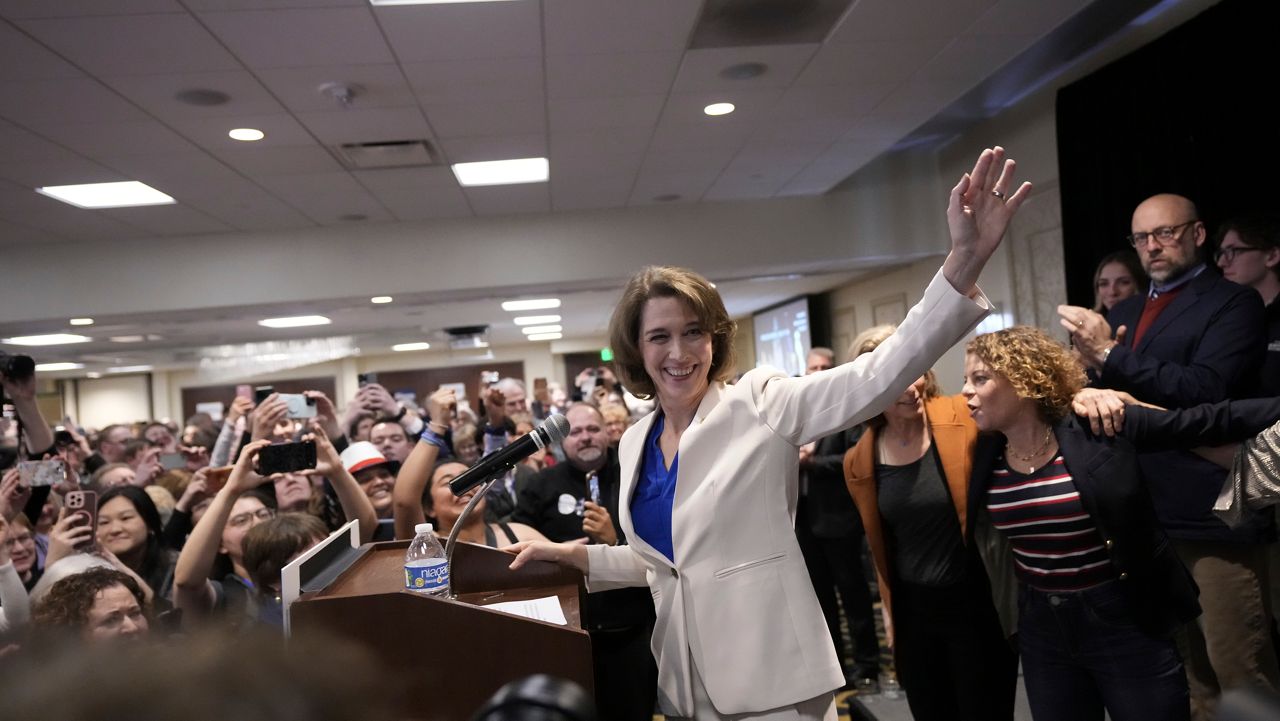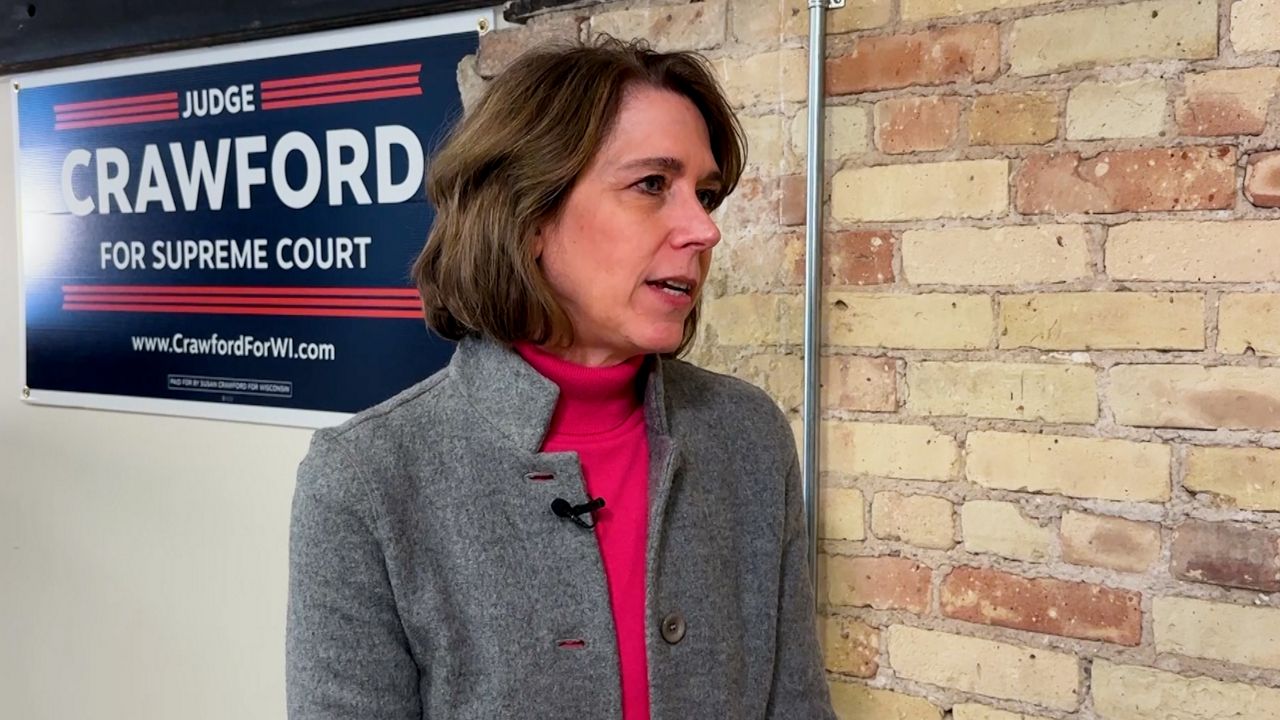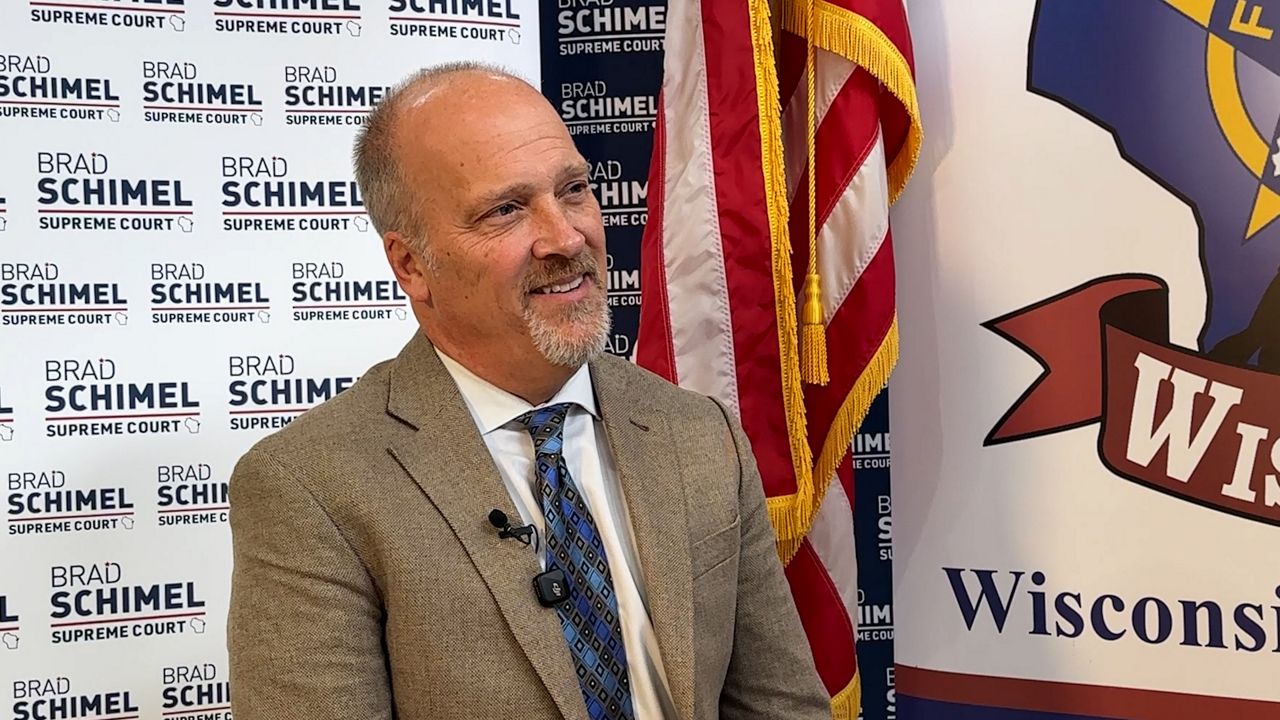MADISON, Wis. — Wisconsin lawmakers took another crack at passing legislative maps on Tuesday as part of what has shaped up to be a last-ditch effort to avoid intervention from the state’s highest court altogether.
After he called the boundaries previously passed by Republicans a “bastardized” version of his lines, legislators are now likely to earn Gov. Tony Evers’ approval of new political maps in Wisconsin.
The maps weren’t specifically on the Senate’s agenda on Tuesday. Rather, lawmakers in the chamber had planned to vote on a redistricting model similar to Iowa’s. However, Republicans put forth an amendment to adopt the governor’s identical maps proposed to the court, which raised questions from Democrats.
“We’ve got an unconstitutional map, we’ve got a map that doesn’t take effect until November, where are we in the meantime? You haven’t answered that question,” State Sen. Mark Spreitzer, D-Beloit, asked of GOP leaders during the floor debate.
Democrats were skeptical about the way the maps were added to the day’s agenda by Republicans and expressed concerns about how those new boundaries would take effect for the fall of 2024, with no clear course of action for special or recall elections in the meantime.
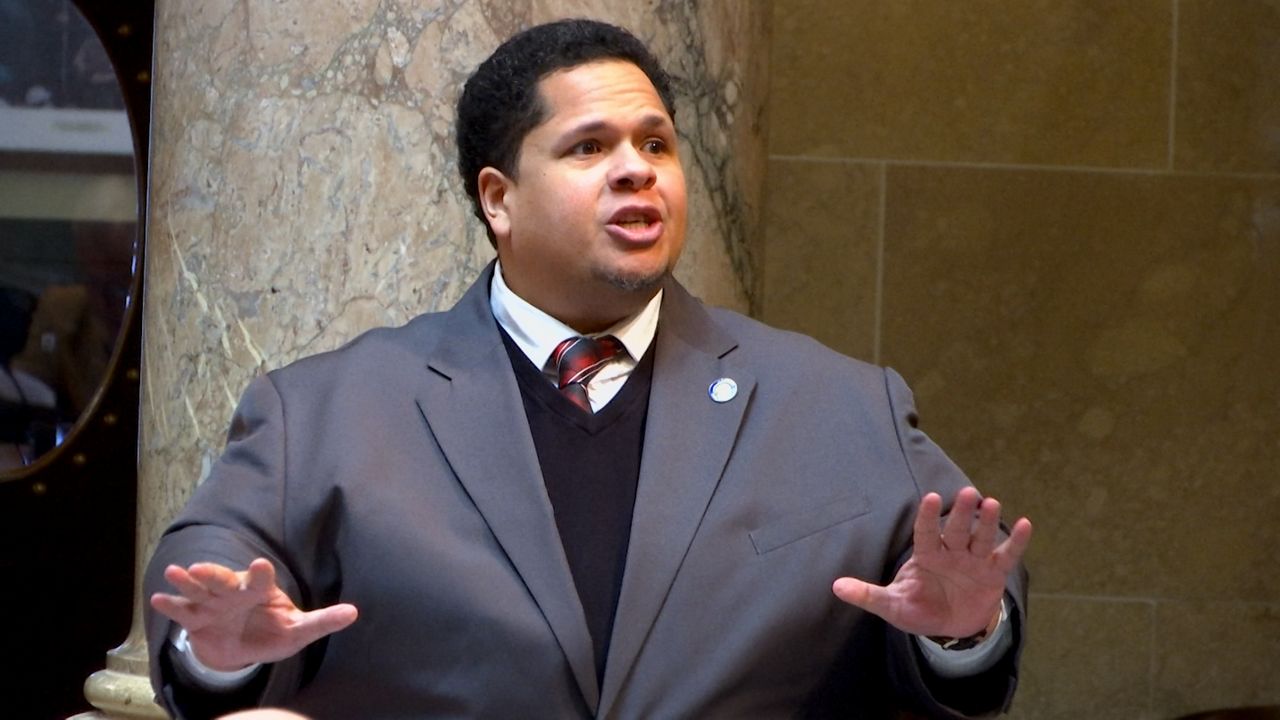
“Boy, I didn’t want to, I was trying to bite my tongue, but I can’t,” State Sen. Julian Bradley, R-Franklin, responded. “The hypocrisy—'Let’s let the public weigh in, but no, no, no, actually, we just want the court to decide.”
Earlier this month, consultants hired by the State Supreme Court found the maps submitted by Republican leaders to be gerrymandered, which left versions from Gov. Evers and Democrats to consider. With that in mind, legislative leaders said they felt as though they had only two options.
“Either pass the governor’s maps as is or allow the liberal majority of the Wisconsin Supreme Court to gerrymander the state at the very last minute without public input,” Republican Majority Leader Sen. Devin LeMahieu explained.
Ultimately, the maps passed the Senate 18-14, with nine Dems and five Republicans voting “no” on the measure.
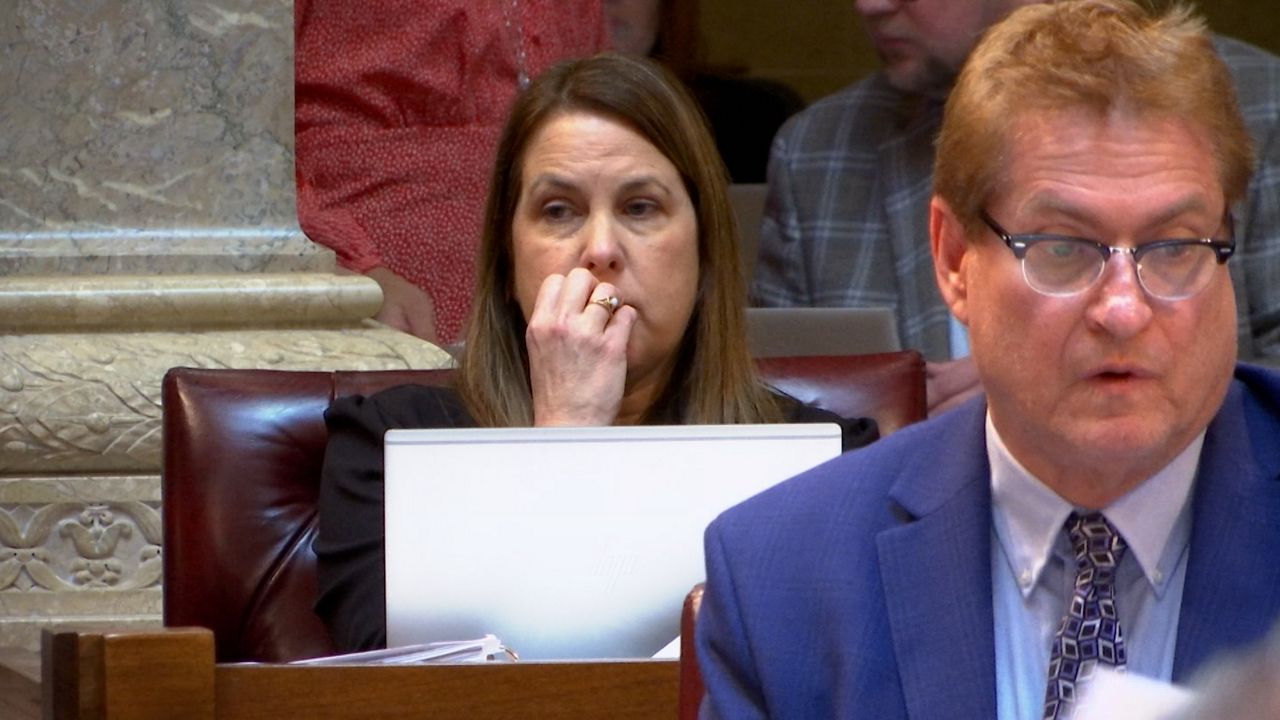
“Robin Vos is terrified of losing his iron grip on this State Capitol because he knows that two-thirds of Wisconsinites are not Republicans,” State Sen. Kelda Roys, D-Madison, said ahead of the vote. “About half of the state votes Republican.”
Meanwhile, the State Assembly followed in the footsteps of the Senate later in the afternoon and passed the bill 63 -33, with just one Democrat voting in favor.
“I think our members realize that we have been dealt a very difficult hand, and I have said from the very beginning that I think we can win under the maps that have been presented because we have better candidates, a better message,” Assembly Speaker Robin Vos, R-Rochester, told reporters before Tuesday’s vote.
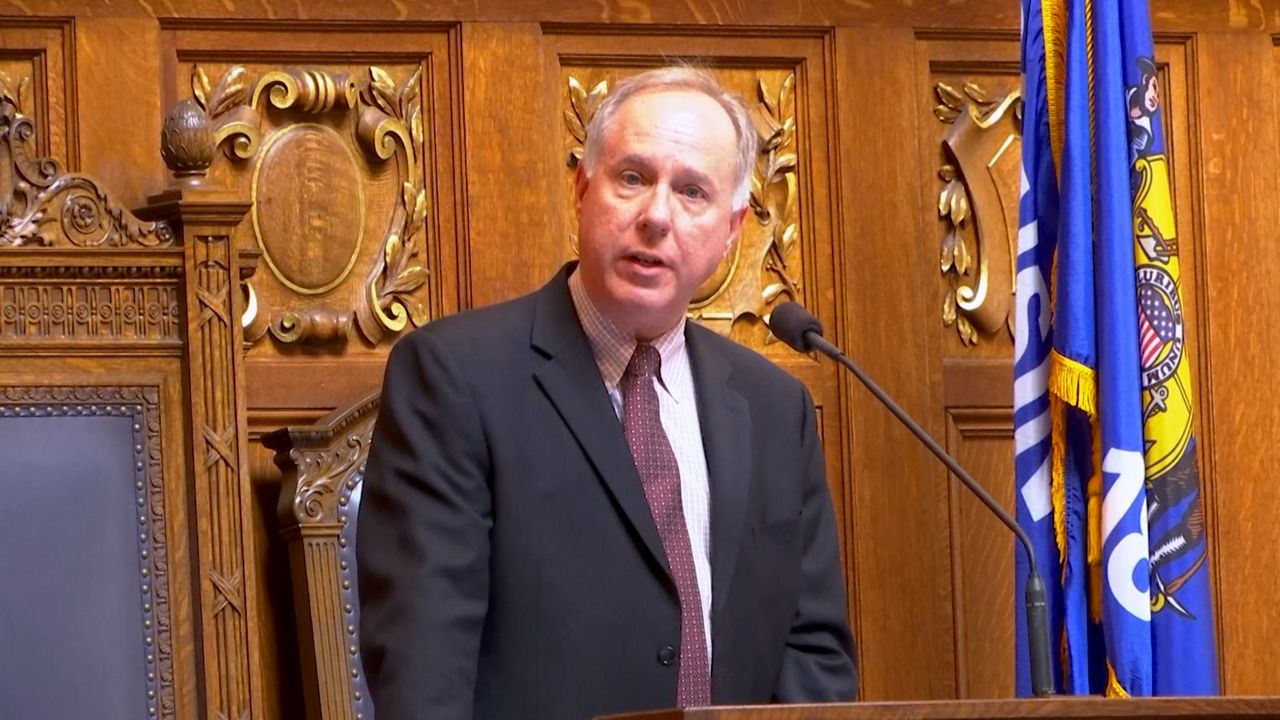
The latest political battle over maps in Wisconsin began in December when the liberal-leaning Wisconsin Supreme Court found the current boundaries drawn by Republicans to be unconstitutional.
In January, the Senate and Assembly passed new maps based on the governor’s proposed boundaries but did move some lines to scale back the number of Republican incumbents who would have to face each other.
Gov. Evers called it “more of the same” and vetoed that version. Though he has expressed his share of skepticism that Republicans would pass maps identical to what he proposed to the court, the governor did previously state he would sign those boundaries into law if passed by the Legislature.







